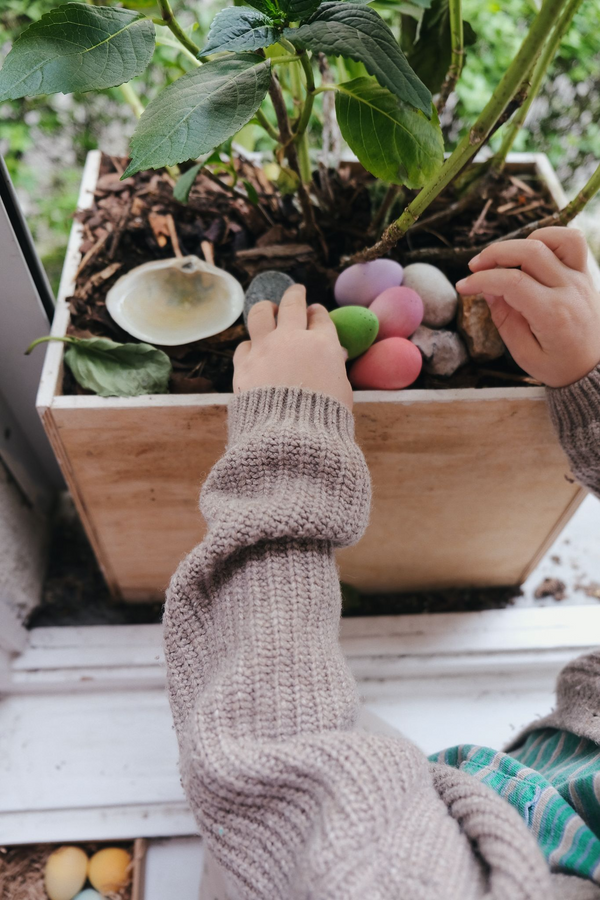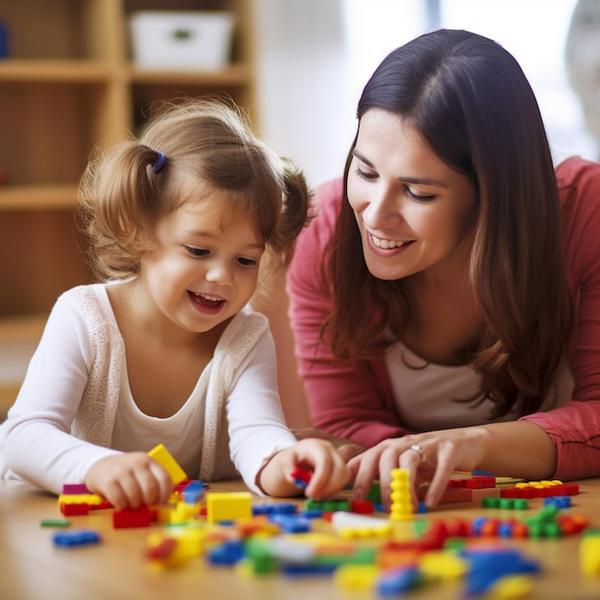Cosleeping After Infancy
Erin Burt

To be clear, cosleeping encompasses two different behaviors, room sharing and bed sharing. For an infant, co-sleeping doesn’t necessarily mean bed-sharing, it is simply sleeping in the same room (parent in bed while baby is in bassinet or crib). Fast-forward to the toddler phase and more often than not, co-sleeping is bed-sharing and continues to get both fans and critics.
You may not realize that 50 percent of ALL parents cosleep in their child’s first year. Some of these parents planned to cosleep all along, and others do it because it’s the only way to get sleep when a child comes running in your room in the middle of the night.
Some benefits to co-sleeping past infancy are:
- It can enhance trust and independence: It might sound a little backwards that sharing a bed with your child can promote independence but research indicates that solitary sleepers are actually more dependent on their parents.
- Co-sleeping improves long-term emotional health: It helps babies grow up with higher self-esteem, less anxiety, and is attributed to better behavior in school.
- Kids can fall asleep more quickly and sleep more peacefully: According to Sears, co-seeping helps children to wake up better rested and tend to have a more positive attitude.
On the other hand, bed-sharing may not be beneficial for a number reasons.
- Having a little toddler foot jammed in your chest may not be the most comfortable thing, Toddlers can have some interesting sleep positions and it can be tough when it affects your quality of sleep.
- Some research states that it can have adverse effects on your child’s mental health: According to an article in The Journal of Affective Disorders those who shared a bed had a higher rate of mental health issues than those who did not.
- Co-sleeping can cause poor sleep habits: A study found that the longer children co-slept with their parents, the worse their sleeping habits were later on.
So here we are again, where there is ambiguity in answering a question of certain parenting styles. By sharing a bed will you be causing permanent damage to their sleep cycles, or are you giving them a sense of security from such an early age? The thing about research is that you can almost always find something that will back up what you believe, but at the end of the day you have to do what is best for you and what helps your family get the most sleep at night because good nights make for better days.
Most kids stop cosleeping on their own by age 13. Like nursing, it’s something that is fine to do as long as it’s benefitting everyone, but prudent to think of an exit strategy before it stops being beneficial to your family so everyone has a smooth transition. Here are some ideas on how to step away from bedsharing in a gentle way when your family is ready:
- Sit by/cuddle your child as they fall asleep in their own bed.
- Have the child start in their own bed each night, but allow them to come to your bed if they have a nightmare or need you
- Use an air mattress or cot in your room for when your child comes in the night.
- Have siblings share a room or bed.
There’s no right answer for how to handle bedtime in each individual family. But everyone in the family should be able to get quality sleep on a consistent basis. Keep in mind that as your children grow and change, how this happens will change as well.
Lisa is a babywearing, breastfeeding, cloth-diapering mama who often questions if she is doing the right thing as a new parent.







